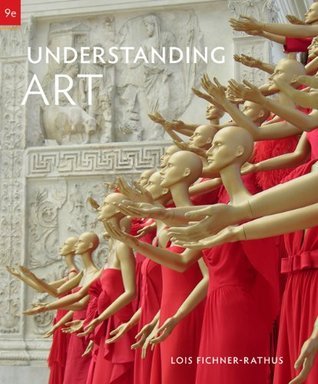What do you think?
Rate this book


600 pages, Paperback
First published January 1, 1986
Muhammad returned to Mecca in 630 CE, eight years later, with several thousand soldiers. He defeated the polytheists, converted the population to Islam, removed the idols of Arabian tribal gods housed in a small cubical building - called the Kaaba for "cube" in Arabic - and rededicated it as an Islamic house of worship.
Both Christians and Muslims honor John as a prophet, and there is a shrine of John the Baptist in the prayer hall of the mosque [...].
Islam today stretches from communities in Europe throughout North Africa, the Middle East, much of South Central Asia, and Indonesia.
The holy book of Muslims is called the Koran or the Qur'an, and Muslims believe that it was revealed to Muhammad by the angel Gabriel.
Muslins see Abraham, Moses, and Jesus as revelation prophets, but they view the revelations Muhammad received from God as corrections of previous distortions or misinterpretations of his divine message.
There are five duties or "Five Pillars" of Islam. These begin with the Shahadah, the basic tenet of submission: "I bear witness that there is none worthy of worship except Allah, the One, without any partner. And I bear witness that Muhammad is His servant and His Messenger." The Shahadah requires not only belief in Allah but also belief that Muhammad is the sole source of interpretation of the revelations of Allah. Salat is the requirement to pray five times a day, facing Mecca. Zakah is the giving of alms to the poor. Sawin is fasting during the holy month of Ramadan. During Ramadan, Muslims with the exception of children, old people, sick people, and women who are pregnant or breast-feeding abstain from food, drink, and sex - from dawn to dusk. Muslims are also obliged to make the Hajj - the pilgrimage to Mecca - at least once if they have the means to do so. They circle the Kaaba, which, according to the Qur'an, was built by Abraham, and is believed to be directly beneath the Gate of Heaven.